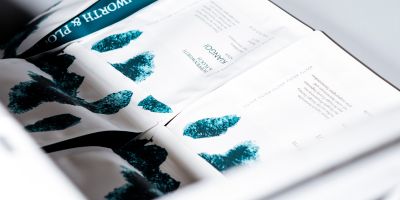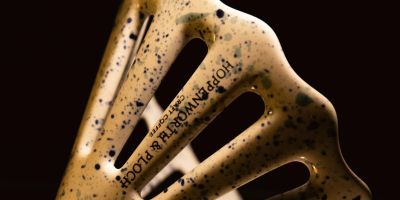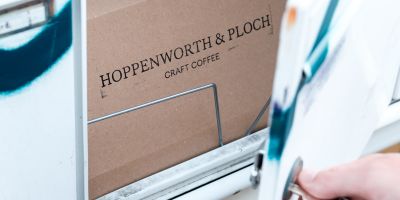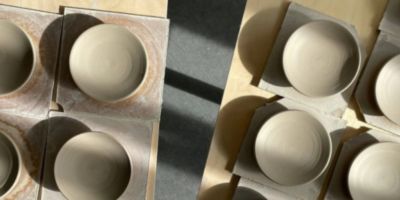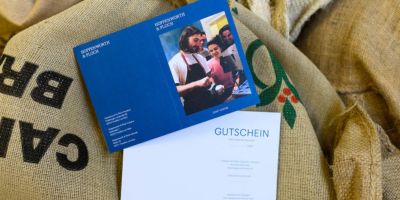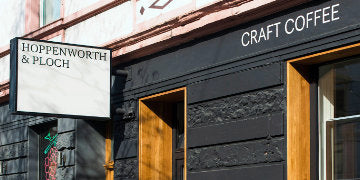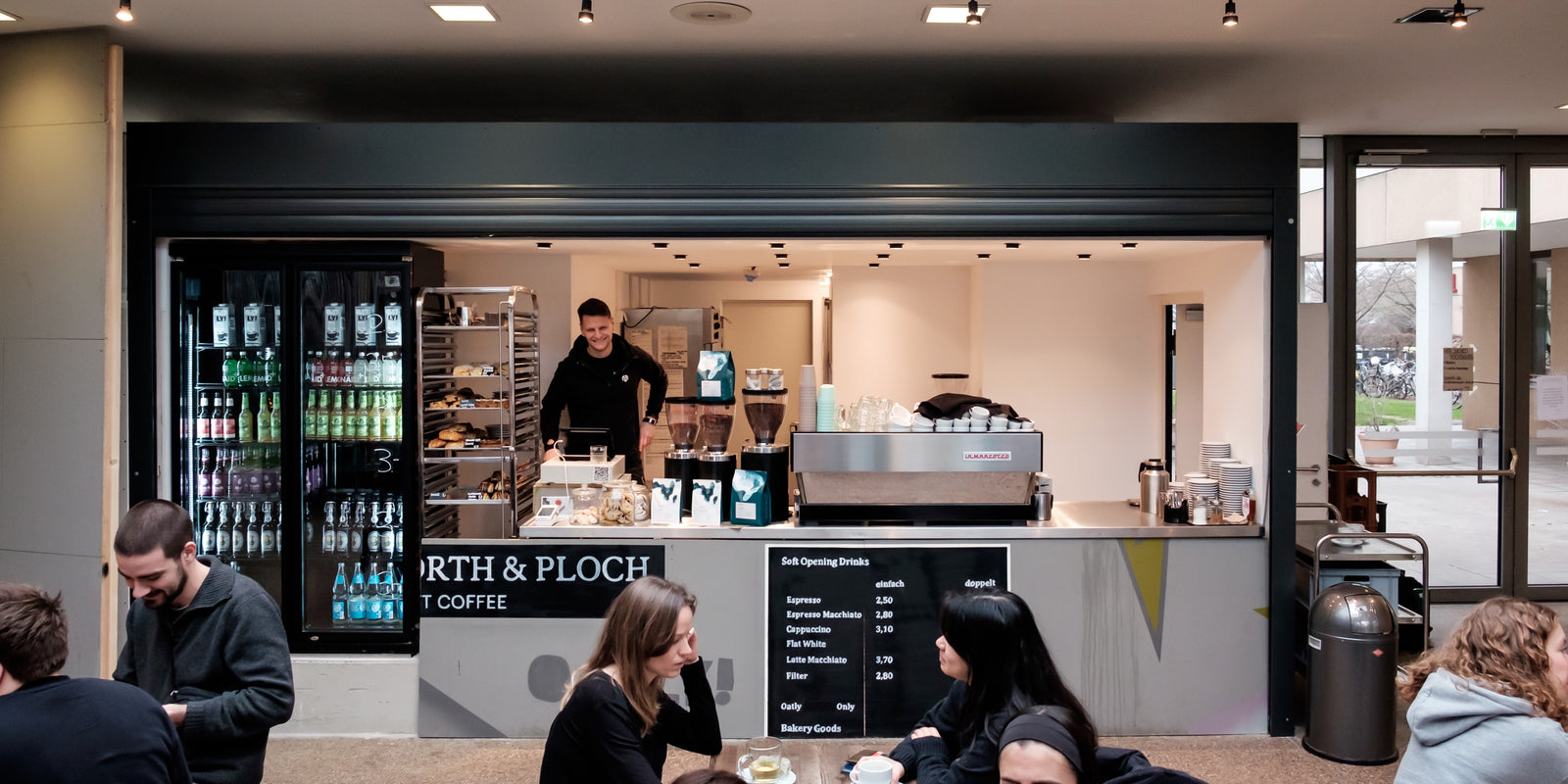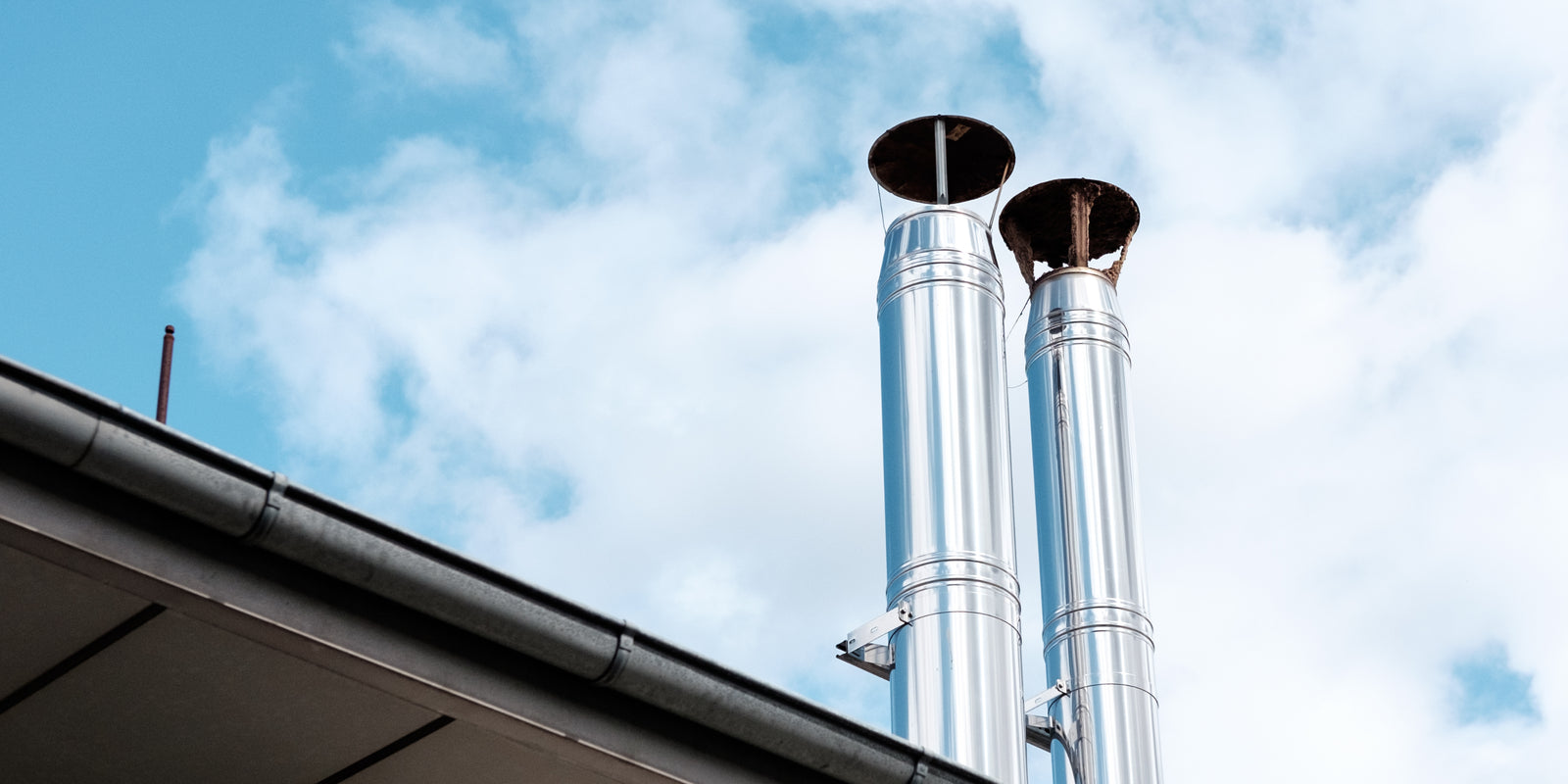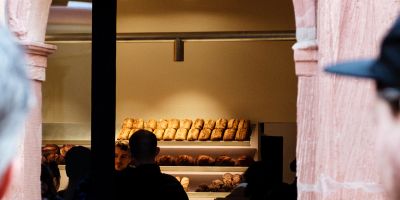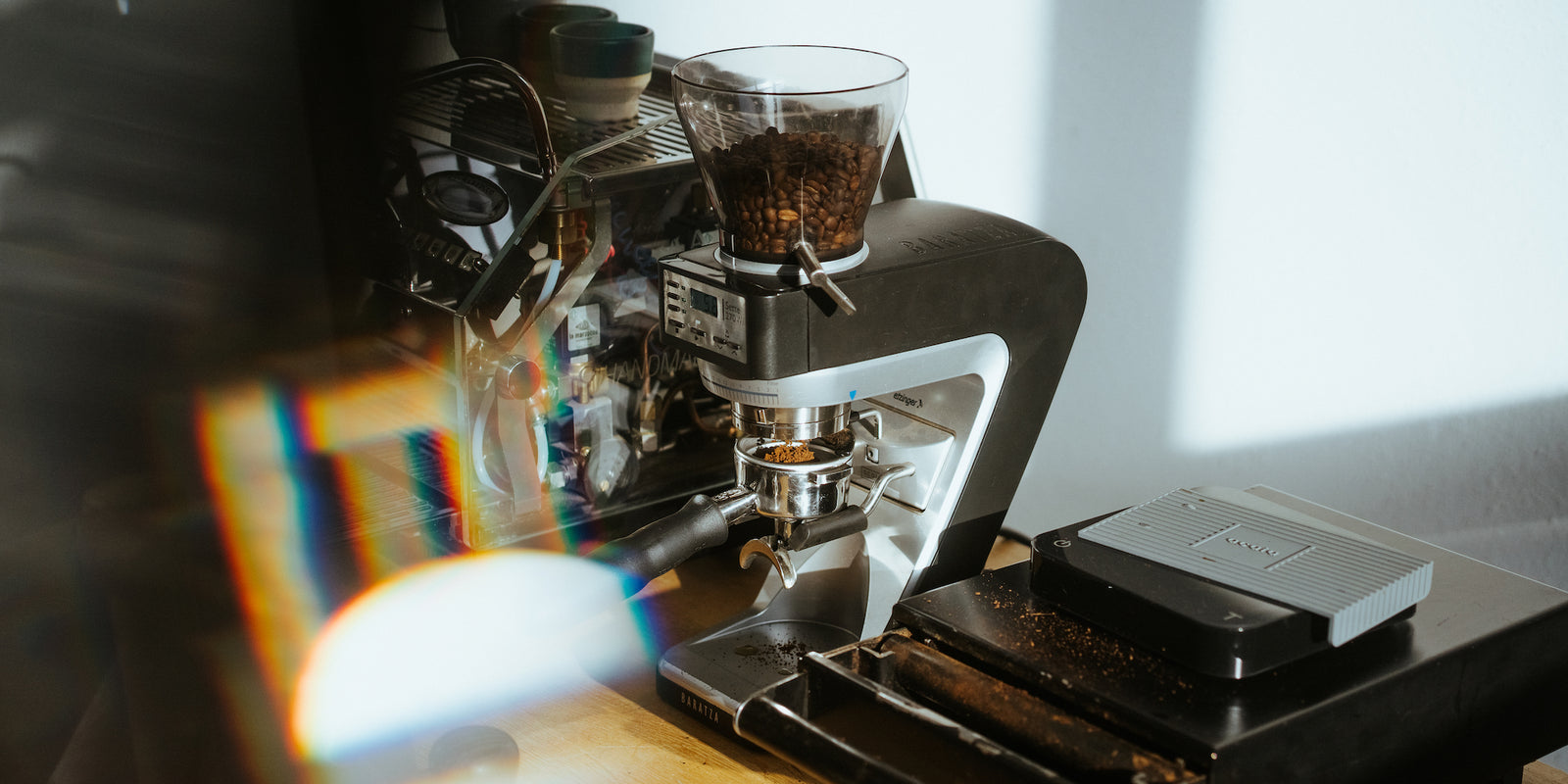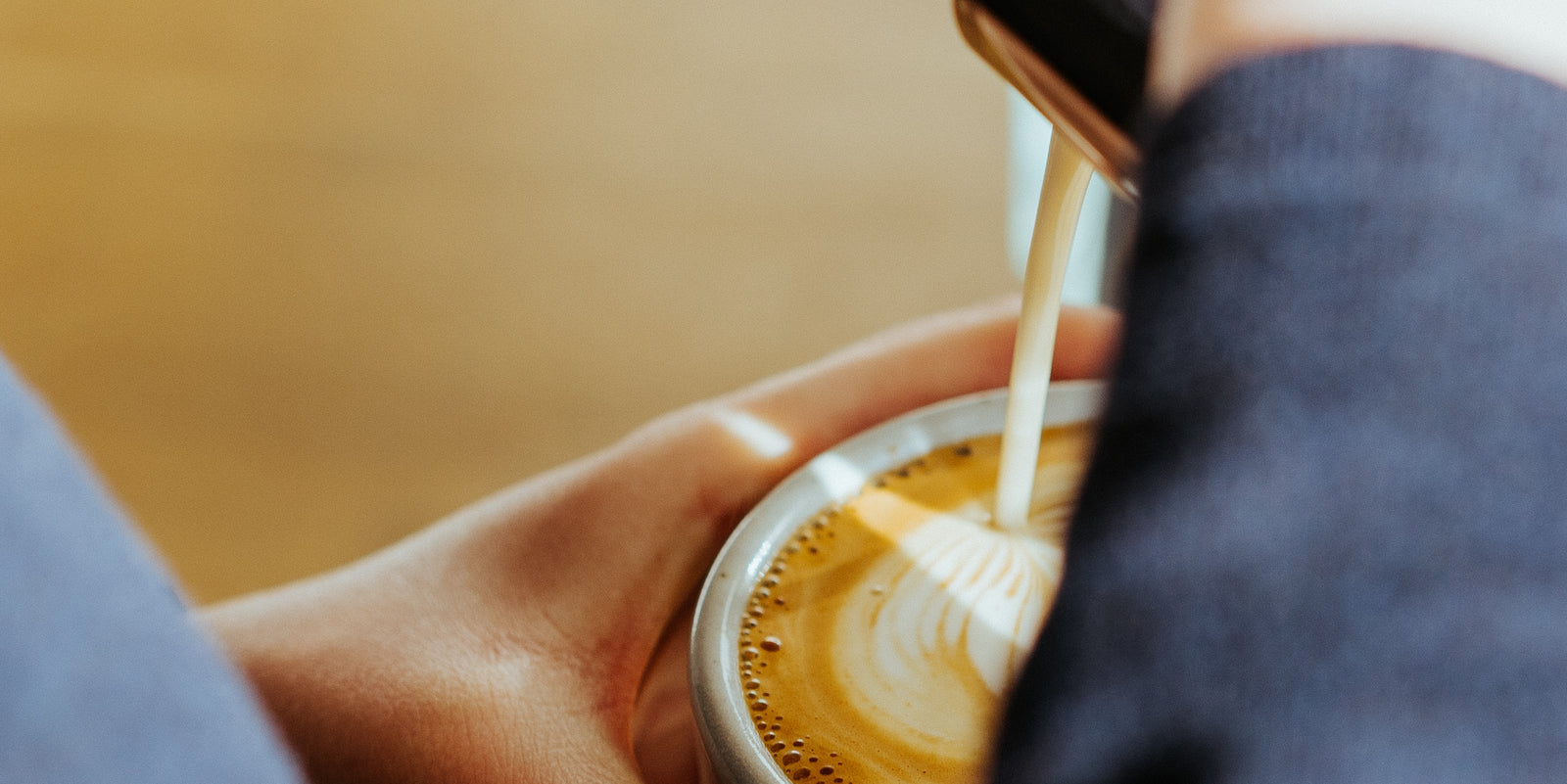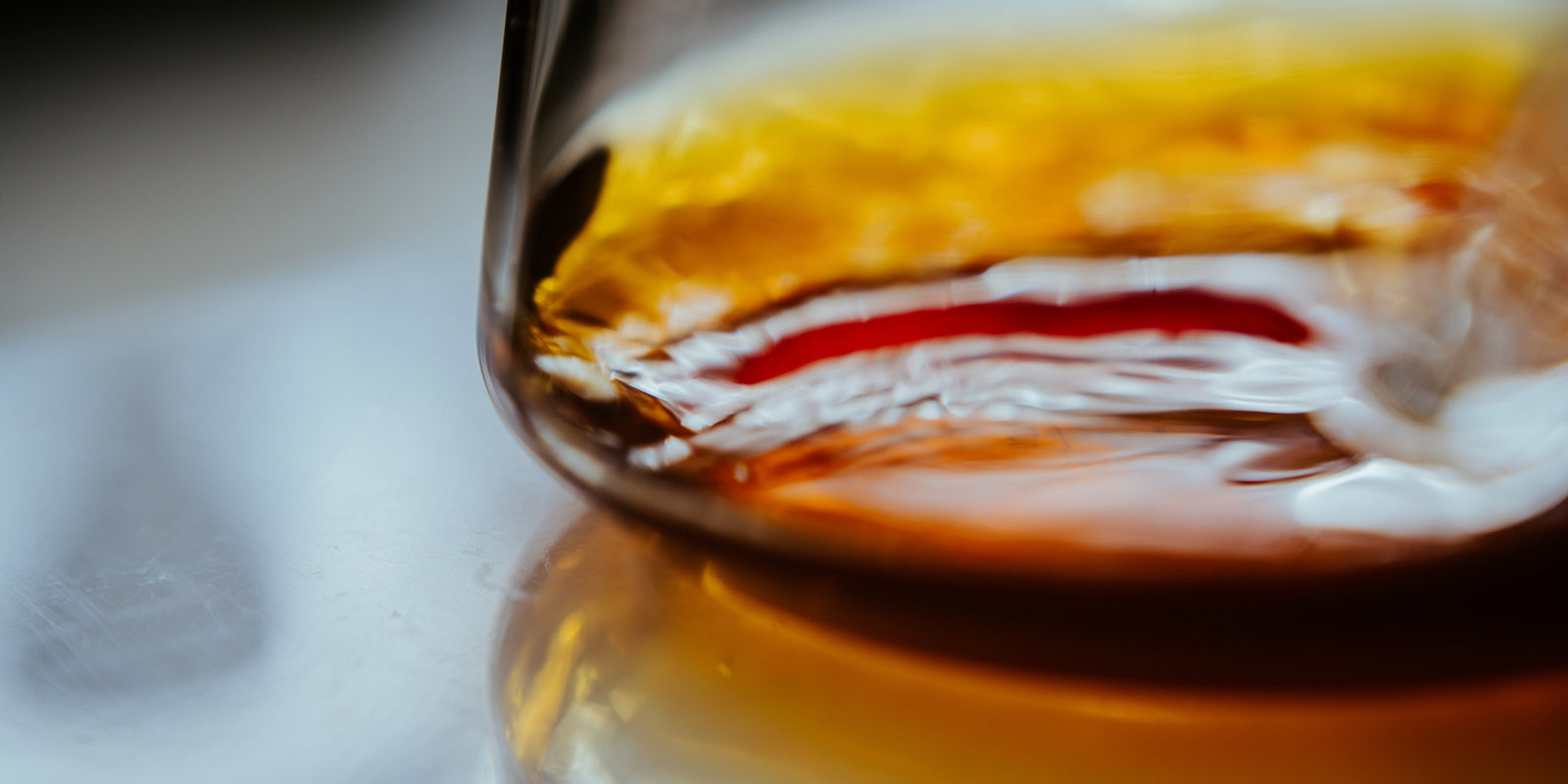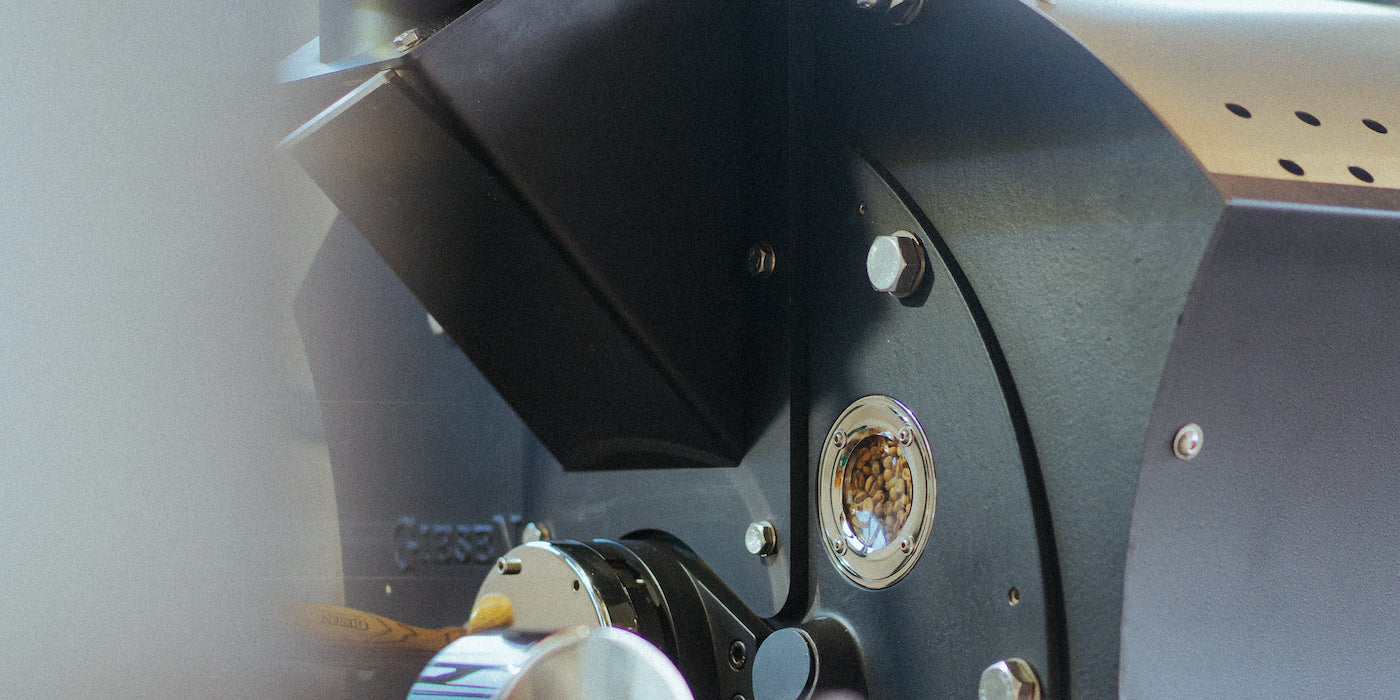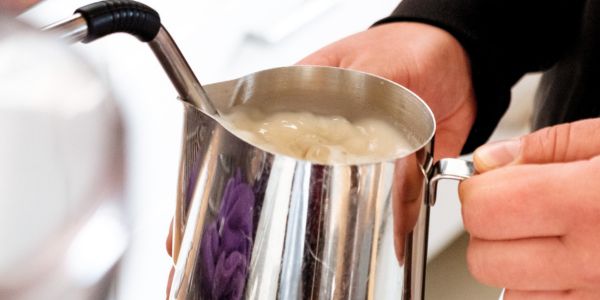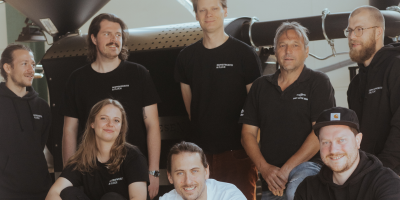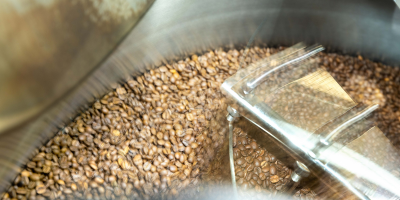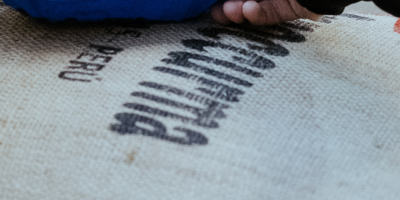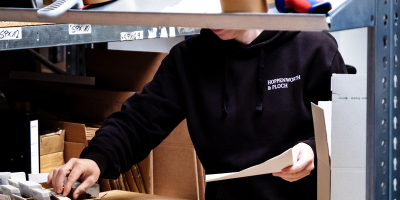Your Cart is Empty
New seminar dates every first friday of the month! // Free international shipping available
New seminar dates every first friday of the month! // Free international shipping available
Kurse & Seminare
About Us
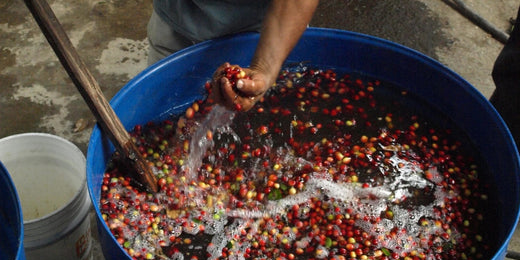
Ecuador: Coffee with organic certification
August 16, 2020 1 min read
It's been a long time since our last coffee from Ecuador. With Loja we now have beans again from the South American republic on the Pacific coast. It takes its name from the coffee-growing region south-east of the Andes. Here, the Loja is grown in the highest quality as certified organic coffee. This means, among other things, that less fertiliser has to be used due to the appropriate selection of the variety. If fertiliser is used, it is done with natural compost produced on site. Since the high-quality green coffee, like all our Specialty Coffee, has a comparatively high purchase price, the coffee farmers can be offered financial added value.
We are delighted that the Loja joins our Bio-Espresso Copper Blend on our organic shelf. In terms of taste, we find notes of forest honey and malt in the Loja. Fruity notes we find here rather less. The coffee is particularly clear, typical of its washed preparation. We are pleased if you like our second organic coffee.
Join our Coffee Crew
10% discount on your first coffee order.And more: Sign up for our newsletter and never miss coffee releases, offers and background stories again.
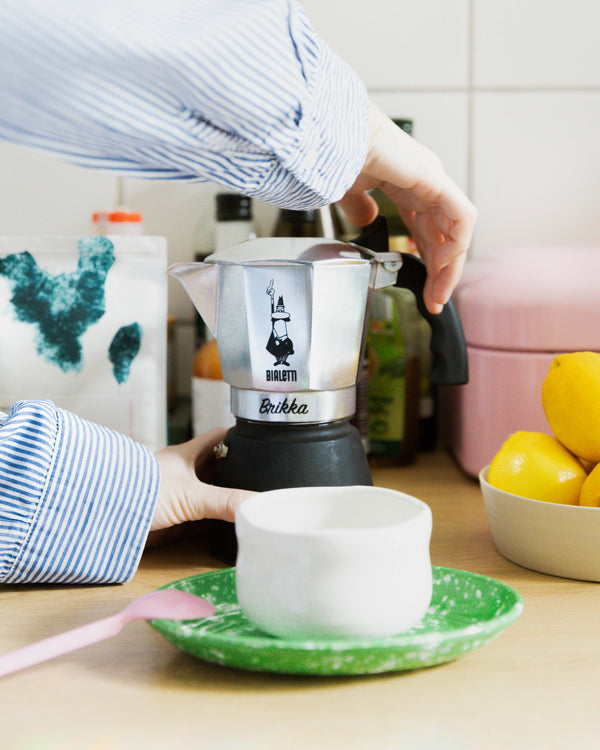
Never miss out on great coffee again!
A new, freshly roasted coffee delivered to your home every month? Whether you prefer filter or espresso, our coffee subscription takes you on a regular sensory world tour through the world of coffee — with free worldwide shipping!

